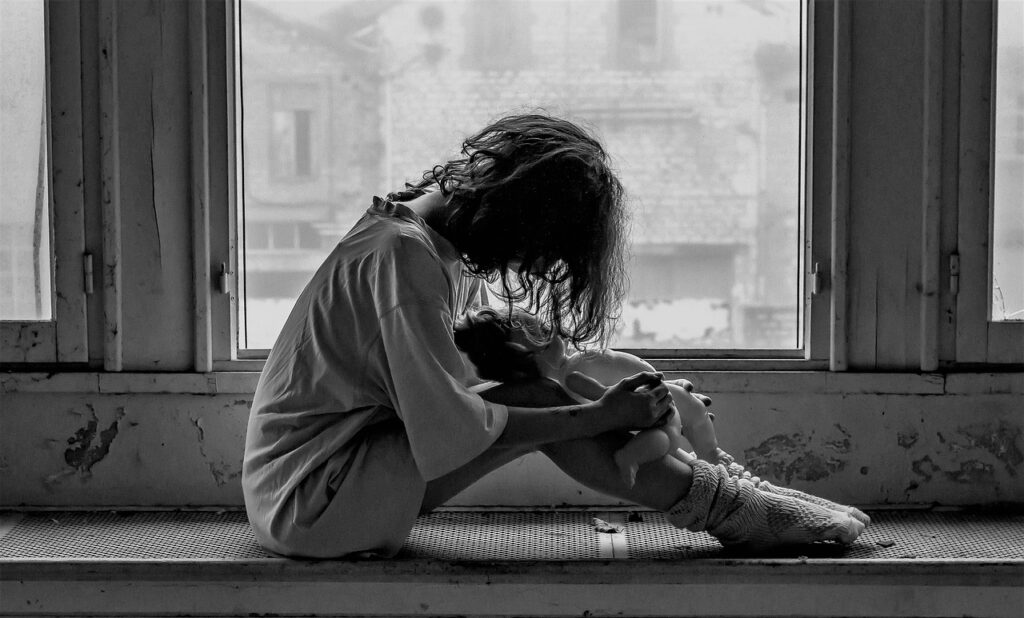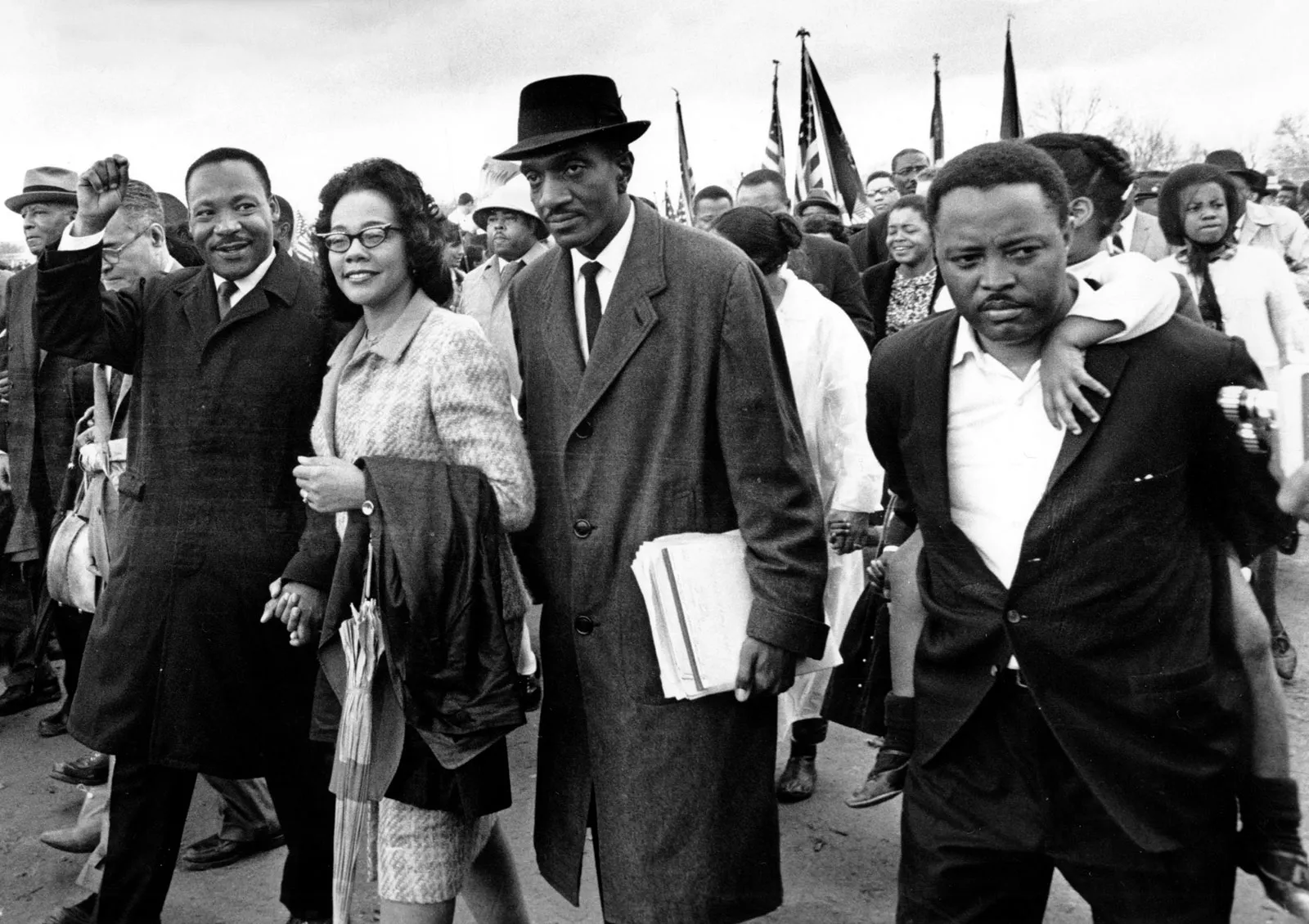Black history is a powerful testament to resilience, strength, and perseverance.
From past struggles to today’s triumphs, the Black community has continually overcome systemic challenges. However, one critical aspect that often goes unspoken is mental health. Historically, Black individuals have faced unique barriers in accessing and receiving quality mental health care, yet the importance of mental well-being is undeniable.
The Historical Context of Black Mental Health

The trauma of slavery, segregation, and systemic racism has had a lasting impact on the mental health of Black individuals. Generational trauma and unresolved emotional wounds passed down from one generation to the next can contribute to stress, anxiety, and depression. The fight for civil rights brought forth significant progress, but many of the psychological scars remain.
In the past, mental health concerns in the Black community were often stigmatized, with many individuals encouraged to “pray it away” or “be strong.” While faith and resilience are valuable, ignoring mental health struggles can lead to deeper issues.
Barriers to Mental Health Care

Despite growing awareness, several challenges still exist when it comes to Black mental health care:
Stigma
Many Black individuals face cultural stigma around seeking therapy, often fearing judgment from family or community members.
Lack of Representation
There is a significant underrepresentation of Black mental health professionals, making it difficult for individuals to find therapists who understand their lived experiences.
Economic Disparities
Financial barriers often prevent Black individuals from accessing quality mental health services.
Medical Mistrust
Due to a history of mistreatment in healthcare (such as the Tuskegee experiment), many Black individuals are hesitant to seek professional help.
Black History and The Shift Toward Mental Wellness
Fortunately, the narrative around Black mental health is changing. More Black therapists, social workers, and mental health advocates are emerging, creating safe spaces for healing. Social media and grassroots movements have also helped normalize therapy and self-care within the Black community.
Culturally competent therapy is on the rise, with more professionals being trained to understand the specific needs of Black clients. Therapy is not just about addressing trauma, it is also about empowerment, self-love, and personal growth.
How to Support Black Mental Health

1. Encourage Open Conversations – Talk openly about mental health in families, schools, and communities.
2. Seek Representation – Look for Black mental health professionals who can provide culturally competent care.
3. Utilize Resources – Organizations like Therapy for Black Girls, Therapy for Black Men, and the National Alliance on Mental Illness (NAMI) offer valuable support.
4. Practice Self-Care – Engage in activities that promote well-being, such as mindfulness, exercise, and creative expression.
5. Challenge The Stigma – Normalize seeking help and support those who need it.
Black history is not just about struggle it is also about triumph, healing, and growth. Prioritizing mental health is a crucial step toward breaking generational cycles and building a stronger, healthier community. By having these important conversations, increasing access to resources, and breaking stigma, we can honor Black history while shaping a future where mental well-being is a priority for all.
If you or someone you know is struggling with mental health, don’t hesitate to seek help. Healing is not just possible it is necessary. Feel free to contact us at Michelle Simmons Counseling Group so that we can help you get started on your mental health journey. Peace and Blessings.




